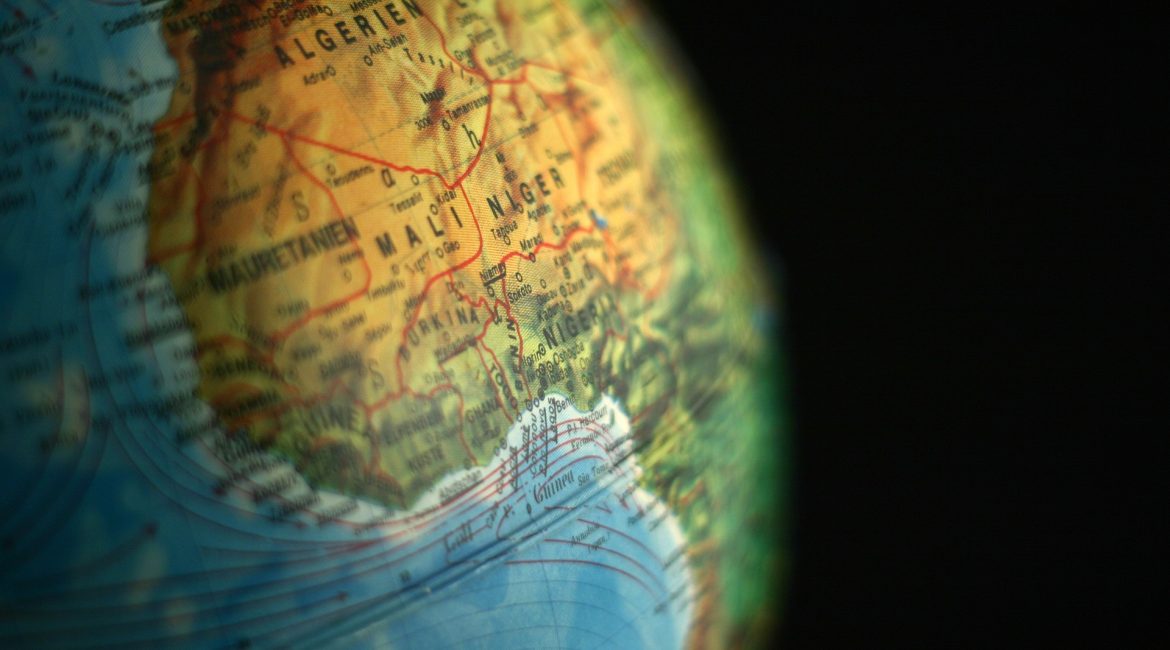The militants of the Sahel branch of Al-Qaeda have increased their pressure on the military junta in Mali in recent days by launching suicide attacks in the heart of the country and incursions taking place more and more southward, with unprecedented coordination of operations.
The French Press Agency reported - in light of the continuous deterioration in the security situation in this West African coun try, which has been devastated by war since 2012 and shaken by two coups during the two years (2020 and 2021) - the visible expansion of the “Group to Support Islam and Muslims” linked to Al-Qaeda. In the latest incidents, two booby-trapped vehicles stormed an army building in Kati, a city located 15 kilometers from Bamako. The attack led to the death of a Malian soldier. This is the first time that a target of this strategic and symbolic importance has been hit by "Al-Qaeda" militants who until now have attacked only security sites in rural areas or around cities in the north and center of the country.
Security observers confirmed that this appears to be "a way of saying (to the authorities) that the group can strike everywhere, as far as possible" from its base. On the eve of the Katie attack, 6 coordinated attacks were recorded simultaneously in the center and south of the country. Southern regions (Sikasso, Koulikoro and Kayes), which had not experienced terrorist attacks before, became targets.
Most of these attacks were claimed by the "Jama'a Nusrat al-Islam wa al-Muslimin", which was founded in 2017 from the merger of a number of factions: "Al-Qaeda in the Islamic Maghreb" and "Ansar al-Din" groups led by Iyad Ag Ghali, the "Al-Mourabitin" founded by Mokhtar Belmokhtar and the "Massina Brigade" led by Amadou Koufa.
An expert on those groups at the United Nations said that the strategy of JNIM is to “remove attention of the Malian armed forces from the north of Mali”. He pointed out that the recent attacks, although "their results are modest compared to the means that were used," demonstrated the "high level of coordination" of the terrorist network, and that it is not just a "simple alliance between scattered groups." This coordination in the Malian center and south was enabled by a “great freedom of movement” that resulted from “the (Nusra) group’s control or exercise of great influence over vast lands in the region, especially along the border between Mali and Burkina Faso.”
A recent United Nations report revealed that this “corridor to the south” allows the group to “extend towards the Atlantic coast,” especially in Benin and Togo, where attacks are increasing. He added that the group's methods "contradict the blind violence of ISIS, which is also active in Mali." In the embarrassment of Kidal and Timbuktu, the two deserts in the north, where it is firmly stationed, this group seeks to establish a rule parallel to the power of the state. A security source in Timbuktu said that the group's members "seek to convince" the population to adopt their vision of society "by offering them Islamic justice and access to care and security."
At the beginning of 2020, Iyad Ag Ghaly, the group's leader, said he was "open to talks with Bamako brothers, provided that France and the United Nations withdraw their forces from Mali.” Since then, civilians have been replaced by military at the head of the country, while the French soldiers are replaced by Russian allies. In central Mali, fierce battles are taking place between the group's infantry of the "Massina Brigade", the regime forces and members of the Russian special security group "Wagner". The civilians are caught in the middle there and are paying a heavy price. At the end of June, at least 132 people died in one of the worst massacres since the beginning of the conflict.

